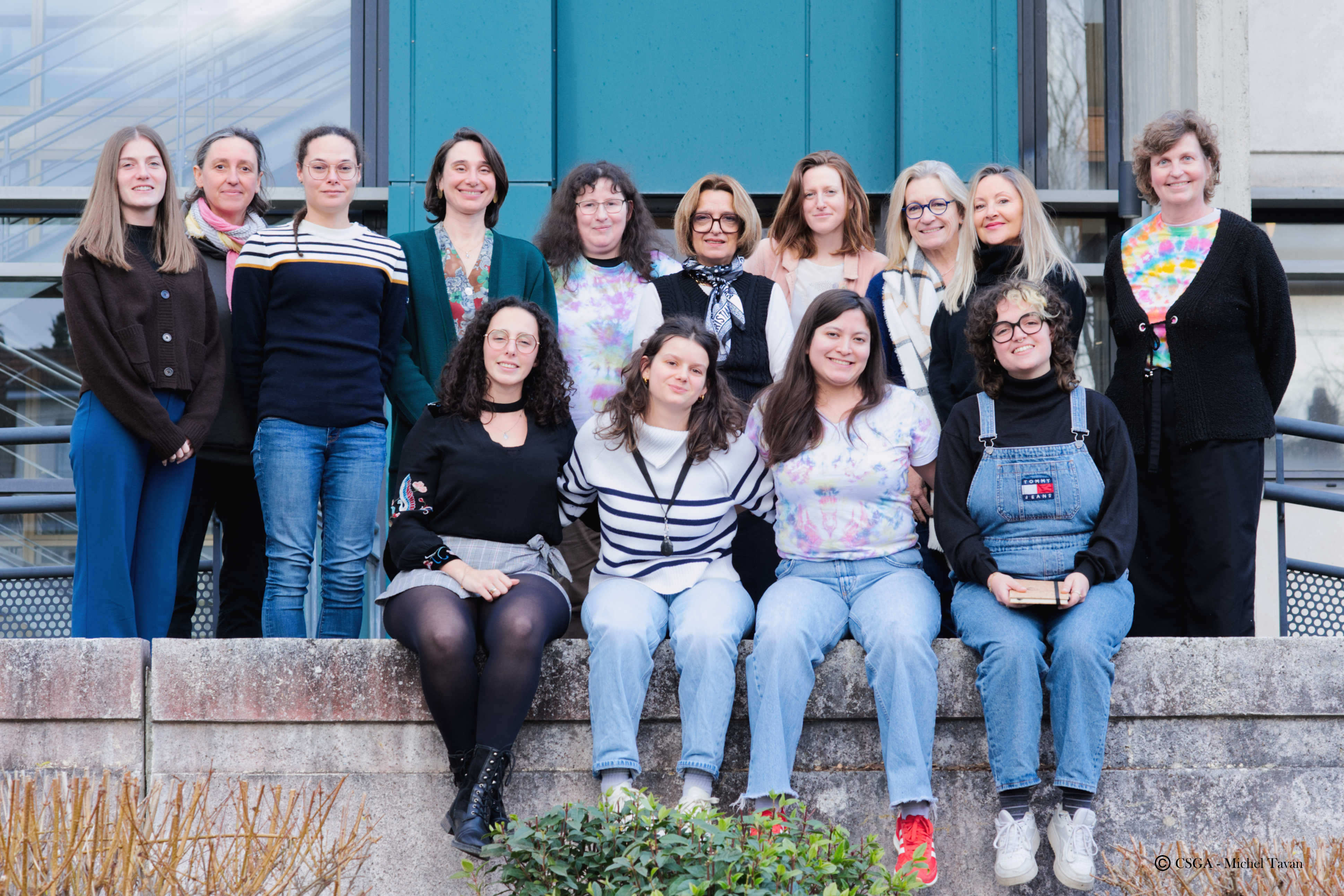Team MIAM
MIAM - Eating Behaviour: pleasure, health and sustainability
Research
Research thematic
Our team investigates the determinants of eating behaviour related to foods (sensory and nutritional properties, information…), eaters (weight status, motivations...) and physical and social context. Building on this knowledge base, we develop and test strategies to help achieve healthier and more sustainable diets in the population. Our research targets various populations:
- Early development of food preferences and eating behaviour in infants and children
- Cognitive mechanisms and mental representations underlying food choices in adults
- The transitioning period between end of teenage years and early adulthood (e.g., students)
- Psychosocial determinants of sustainable eating behaviours among food insecure individuals
- Appetite decline and feeding difficulties in older adults
The ability to address research questions across the lifespan is a strong asset of the team’s work which is unique in France.
Scientific expertise
Nutrition, sensory evaluation, developmental and cognitive psychology, ethology
Methodologic approach
- Experimental research: sensory evaluation (consumer tests), experimental psychology (choice tasks, priming…)
- Observational research: qualitative (interviews, focus groups) and quantitative studies (questionnaires, data analysis from cohorts) - Interventional research (randomized control trials, clinical trials)
- Systematic literature review and meta-analysis
Our studies are implemented under controlled conditions in laboratory but also in real-life setting (school canteens, university campus, at-home, nursing homes, social grocery shops)
Dissemination
Another specificity of our work is a high commitment to design our research projects with civil society partners and to disseminate our results to different stakeholders (consumer associations, health professionals, food industry, public policies…) as well as to present the implications of our work to the general public.
Quality of working life
Our team is committed to promoting a high quality of working life through a "Well-being Charter" co-created by all team members, along with engaging social events to foster unity
Key words
Team

Principal Investigator

Team members
| Permanents: | Non permanents: |
|
|
Projects
Representative publications
Verdeau, B., Denieul-Barbot, A., & Monnery-Patris, S. (2025). Acceptability and effect on food choices of incentives promoting more sustainable diets among low-income consumers: A qualitative study. Appetite, 207, 107903. https://hal.inrae.fr/hal-04971903v1/document
Dahmani J, Teil F, Pouyfaucon M, Gaignaire A, Nicklaus S, Marty L (2024). Effects of a short food education program implemented at school canteens on children’s acceptance of plant-based food: A quasi-experimental study. Food Quality and Preference, 115, 105104. https://hal.science/hal-04475464v1
Verdeau B, Monnery-Patris S (2024). When food is uncertain, how much does sustainability matter? A qualitative exploration of food values and behaviours among users of a social grocery store. Appetite, 194, 107175. https://hal-04473579v1
De Rosso S, Riera-Navarro C, Ducrot, P, Schwartz C, Nicklaus S (2022). Counseling parents about child feeding: a qualitative evaluation of French doctors and health/childcare professionals' experiences and perception of a brochure containing new recommendations. BMC public health, 22, 2303. https://hal.inrae.fr/hal-03985064
Melendrez-Ruiz J, Dujourdy L, Goisbault I, Charrier JC, Pagnat K, Nicklaus S, Arvisenet G, Chambaron S (2022). “You look at it, but will you choose it”: Is there a link between the foods consumers look at and what they ultimately choose in a virtual supermarket? Food Quality and Preference, 98, 104510.
Van Wymelbeke-Delannoy V, Maître I, Salle A, Lesourd B, Bailly N, Sulmont-Rossé C (2022). Prevalence of malnutrition risk among older French adults with culinary dependence. Age and Ageing, 51, afab208. https://hal.inrae.fr/hal-03428489v1
Van Wymelbeke V, Sulmont-Rossé C, Feyen V, Issanchou S, Manckoundia P, Maître P (2020). Optimizing sensory quality and variety: An effective strategy for increasing meal enjoyment and food intake in older nursing home residents. Appetite, 153, 10449. https://hal.inrae.fr/hal-02869596



